U.S. President Trump unexpectedly negotiated directly with a Japanese trade delegation in Washington on a series of tariffs he imposed on global imports and said he had obtained"Major progress"。
Japan is one of the first countries to officially launch negotiations, It is an early test of whether Washington is willing to make concessions on tariffs, which have disrupted financial markets and sparked concerns about a recession.Japanese officials seek a deal to avoid Trump's threat to impose higher tariffs on U.S. trading partners.
"I just held talks with the Japanese delegation on trade issues, and I feel very honored. Great progress!"Trump posted the news on his social networking website after his meeting on Wednesday local time, but the news did not include details of the discussion. Trump said earlier on Wednesday that he will also discussHow much does Tokyo pay for US troops stationed in JapanThe problem is that this is the largest overseas deployment in the United States.
During the talks on Wednesday, Ryomasa Akasawa, an ally of Japanese Prime Minister Shigeru Ishiba, who only held a cabinet position for the first time at the end of last year. He has a relatively low position and is the Secretary of Economic Regeneration.
Tokyo does not expect Trump to participate in a visit he deemed a preliminary fact-finding and has been hoping to limit the scope of discussions to trade and investment matters, according to sources familiar with the Tokyo plan.
Foreign governments are scrambling to negotiate agreements with the United States to avoid being subject to the high tariffs previously issued by Trump.The 90-day moratorium on reciprocity has temporarily exempted Japan from a full 24% tariff, but the country still applies a benchmark 10% rate and a 25% tariff on automobiles, steel and aluminum. Automobile is the backbone of Japan's export-dependent economy.
Japan's negotiations are being watched closely because it is one of other countriesTest cases, these countries are unsure what concessions Trump will seek.
While urging Trump to lift the 24% tariff, Japan is expected to propose a broad agreement to the United States. During a meeting with Trump in February this year, Japanese Prime Minister Shigeru Ishiba promised to buy more American liquidsnatural gasand increase investment in the United States to $1 trillion.
Japanese leaders vigorously promoted Japan's position as the largest investor in the United States, including factories built by Japanese automakers in the United States that created jobs for the United States.
After the talks, Akazawa had barely disclosed details of the discussion in an interview with reporters, but he said the two sides had agreed to hold a second talk later this month, and Trump said that the agreement with Japan was"The top priority"。
Akasawa said Japan hopes to reach the best solution that is most favorable to both countries as soon as possible.He strongly called for the lifting of tariffs on Japan.
Akasawa revealsNo discussion on exchange rate matters will continue to discuss the issue of automobile tariffs. He believes the United States also hopes to reach an agreement within 90 days. He also emphasized that the exchange rate situation is determined by fundamentals, and that Japan did not manipulate the foreign exchange market to devalue the yen.
After Akasawa's speech on foreign exchange issues,USD vs. Japanese YenIt strengthened briefly, with a maximum increase of 0.54%.
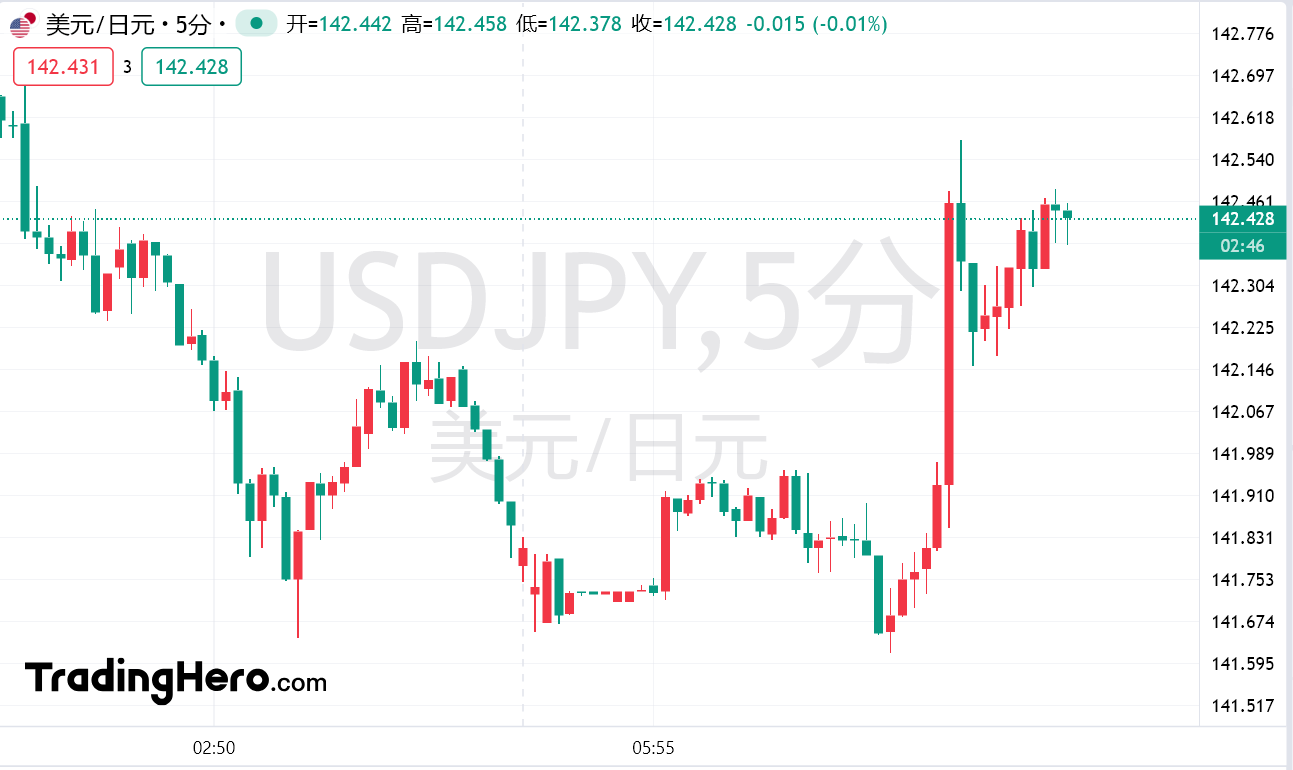
U.S. Treasury Secretary Scott Bessent, Commerce Secretary Howard Lutnick, and other officials also attended the meeting.
Becente said that since Trump announced the imposition of comprehensive tariffs on dozens of trading partners earlier this month, more than 75 trading partners have requested negotiations with Washington, so whoever negotiates first will have a "first-mover advantage." He saidJapan, a military ally, may be given priority。
Besent previously said he hopes to reach an agreement covering tariffs, non-tariff barriers and exchange rates, although Tokyo has lobbyed to separate the latter. Japan could invest billions of dollars in gas projects in Alaska, which could also be a highlight, Becent said. Before leaving, Akazawa said that Japan's hope to expand its commitment to US investment will help convince the United States that the two countries can achieve a "win-win" without imposing tariffs.












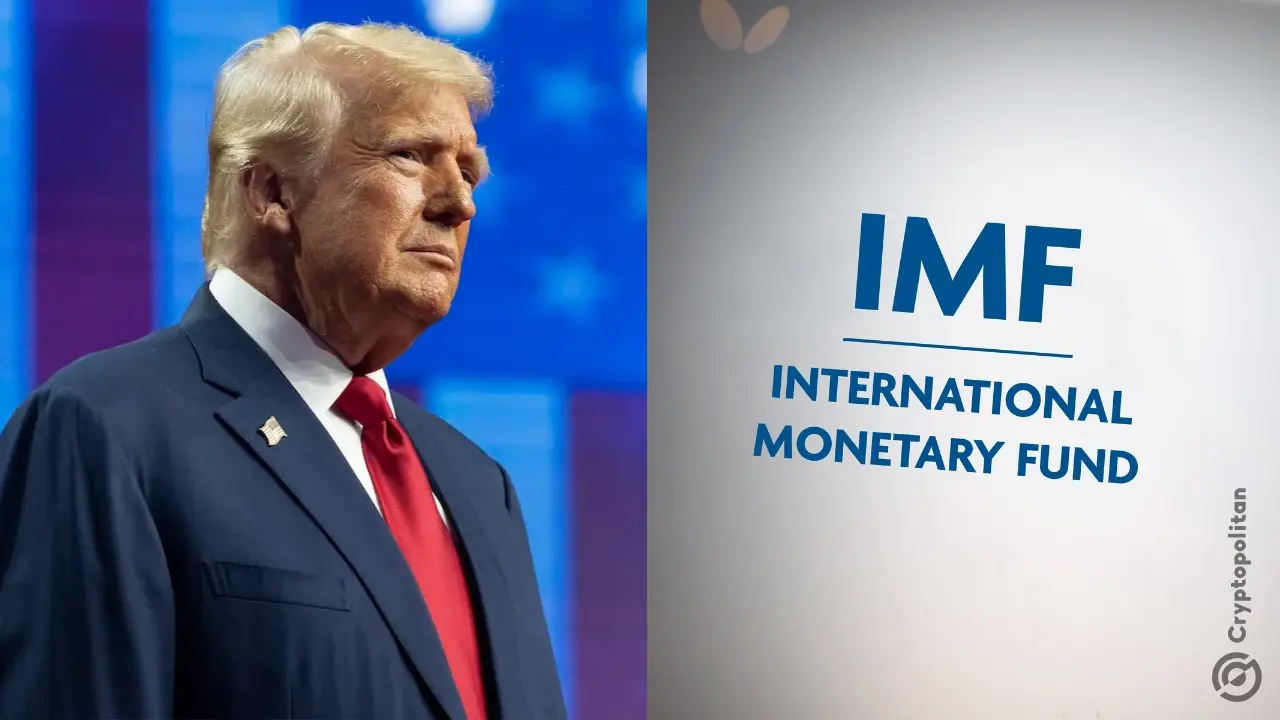
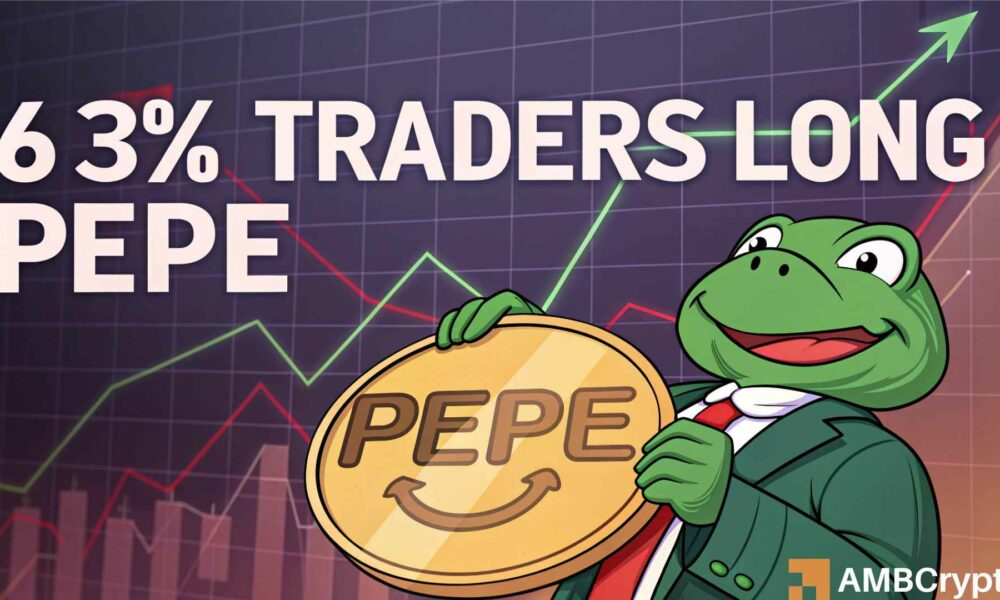
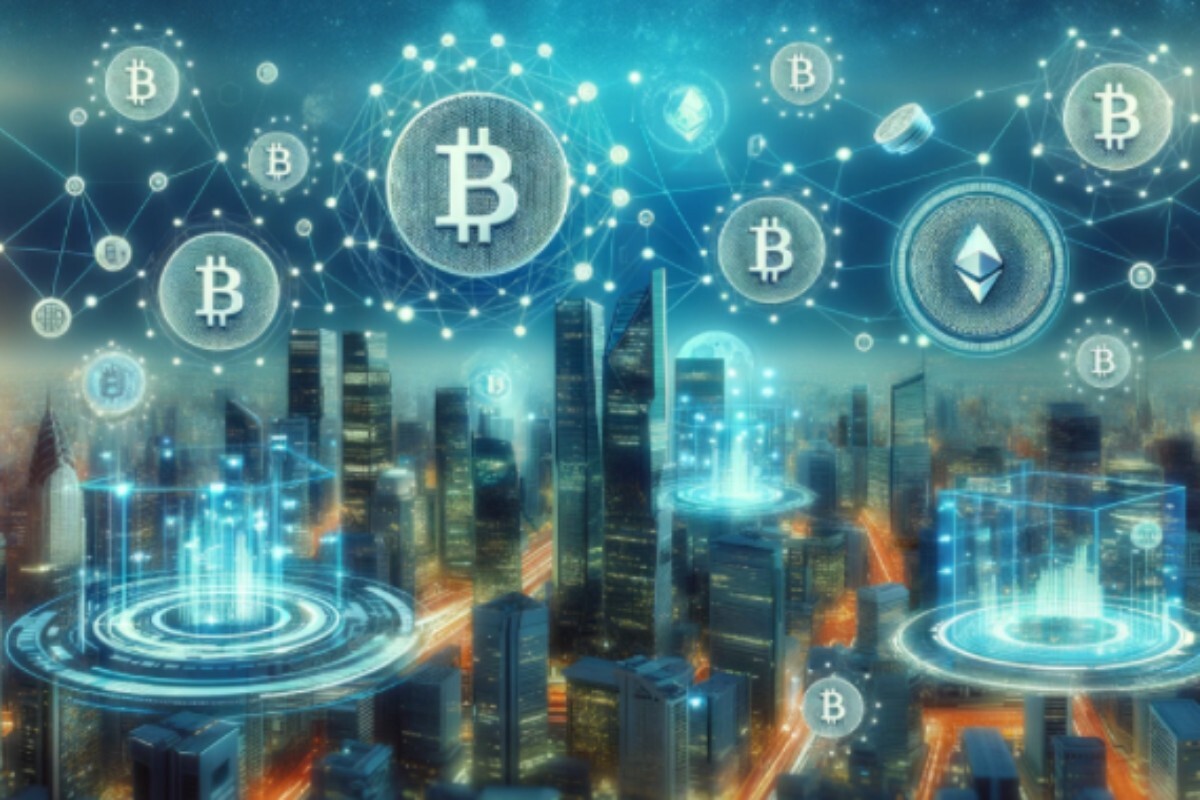
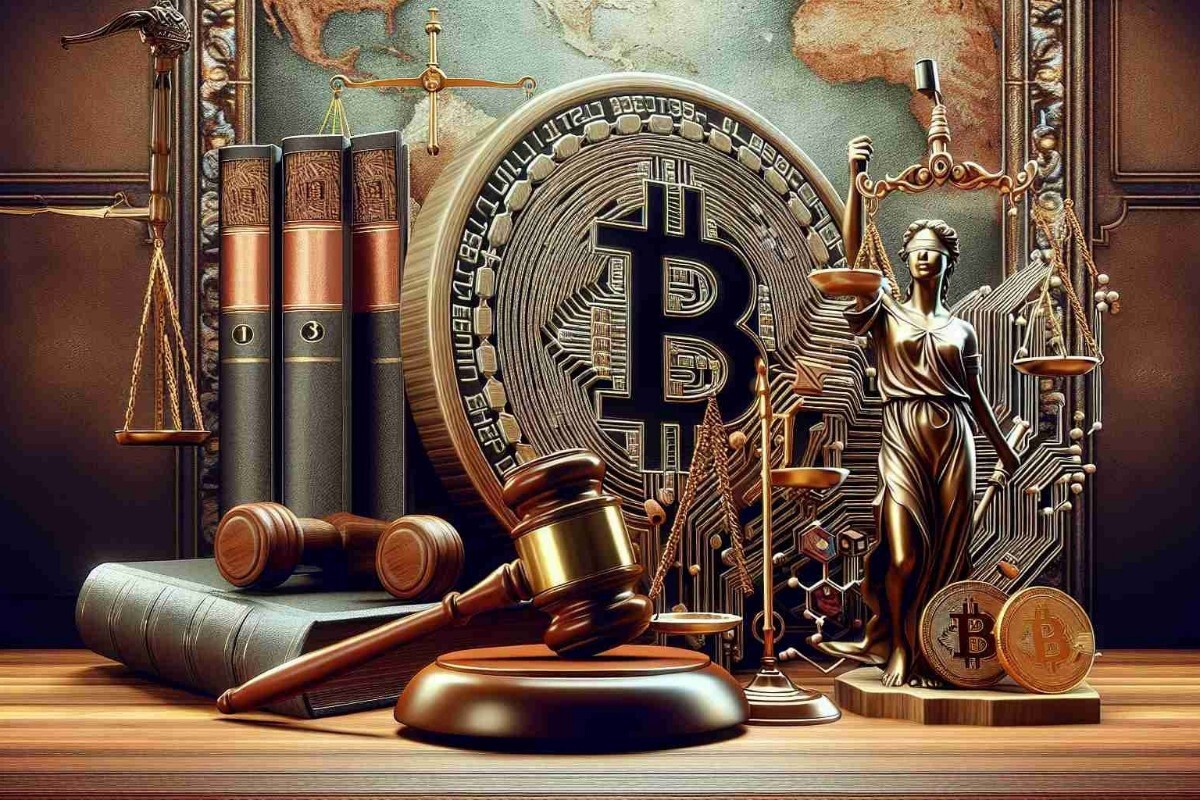
No comments yet